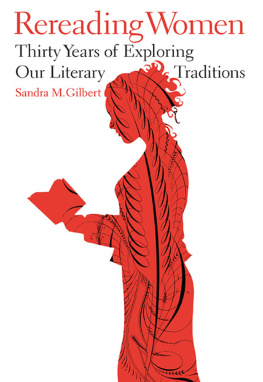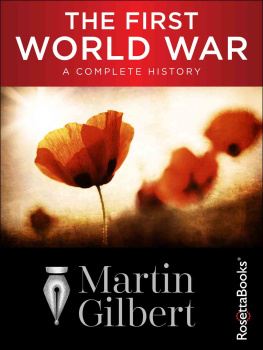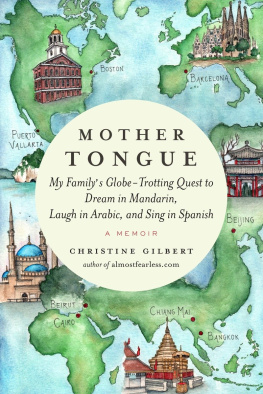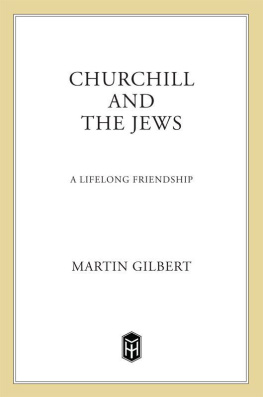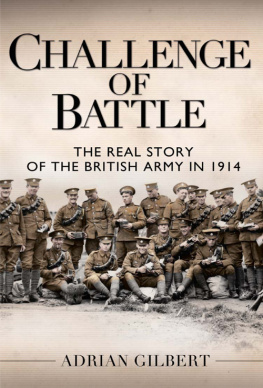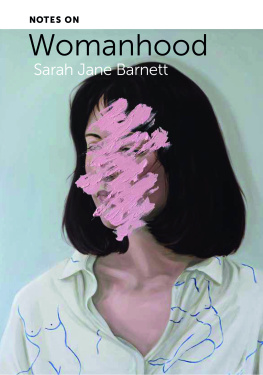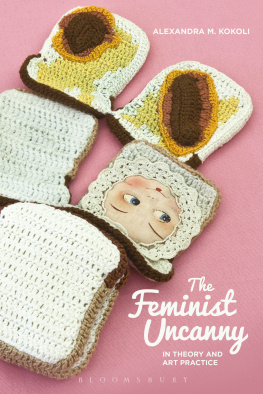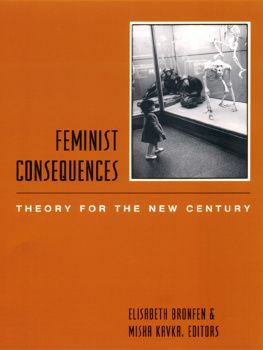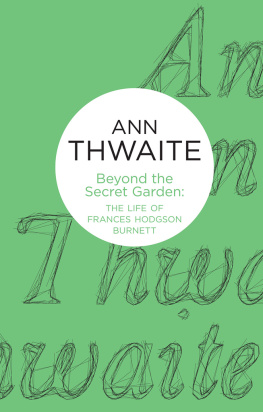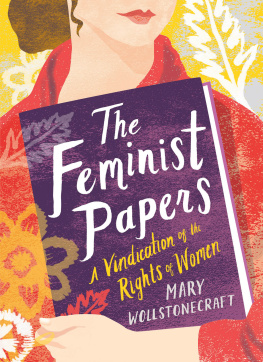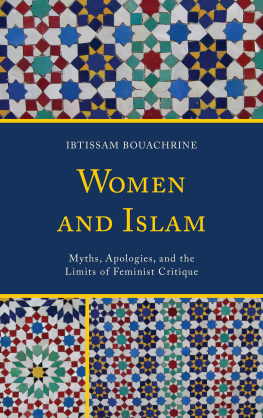R EREADING W OMEN
Thirty Years of Exploring Our Literary Traditions
SANDRA M. GILBERT

Copyright 2011 by Sandra M. Gilbert
All rights reserved
For information about permission to reproduce selections from this book, write to Permissions, W. W. Norton & Company, Inc., 500 Fifth Avenue, New York, NY 10110
Library of Congress Cataloging-in-Publication Data
Gilbert, Sandra M.
Rereading women: thirty years of exploring our literary traditions / Sandra M. Gilbert.1st ed.
p. cm.
Includes bibliographical references.
ISBN: 978-0-393-08258-6
1. American literatureWomen authorsHistory and criticism.
2. Women and literatureUnited StatesHistory.
3. Feminism and literatureUnited StatesHistory.
4. Feminist literary criticism. I. Title.
PS152.G55 2011
810.99287dc22
2011000698
W. W. Norton & Company, Inc.
500 Fifth Avenue, New York, N.Y. 10110
www.wwnorton.com
W. W. Norton & Company Ltd.
Castle House, 75/76 Wells Street, London W1T 3QT
For Susan Gubar, with love and friendship
CONTENTS
Preface:
On Hybridity and Rereading
Becoming a Feminist Togetherand Apart:
Notes on Collaboration and Identity
Finding Atlantis:
Tirty Years of Exploring Womens Literary Traditions in English
A Tarantella of Theory:
Hlne Cixous and Catherine Clments Newly Born Woman
My Name Is Darkness:
The Poetry of Self-Definition
A Fine, White Flying Myth:
The Life/Work of Sylvia Plath
The Wayward Nun Beneath the Hill:
Emily Dickinson and the Mysteries of Womanhood
The Key to Happiness:
On Frances Hodgson Burnetts The Secret Garden
Dare You See a Soul at the White Heat ?:
Thoughts on a Little Home-keeping Person
From Patria to Matria :
Elizabeth Barrett Brownings Risorgimento
Lifes Empty Pack:
Notes Toward a Literary Daughteronomy
Potent Griselda:
Male Modernists and the Great Mother
Mother Rites:
Maternity, Matriarchy, Creativity
PREFACE
On Hybridity and Rereading
T o reread is both to read again and to read anewthat is, to read in another way what is already familiar, as if it has been read yet not read before. To read, unread, re read: feminist literary critics, many whose practice was summarized by Adrienne Richs crucial When We Dead Awaken: Writing as Re-Vision, have undertaken this procedure for decades now, as have others who work in the ever more complex areas of gender studies. And their labors have been immensely productive to all of us, personally as well as collectively. Indeed, it can be argued that although theres more to be done, we women have historically unprecedented domestic and professional prospects because of a massive, quietly revolutionary project of cultural reinterpretation that began with feminist readings, unreadings, and rereadings a half century ago. In compiling the essays in this volume, Im constructing an oblique narrative of a career devoted to that project, even while, in rereading some of my own writings, Im reviewing my years of rereading womens thoughts and arts from a perspective that (I hope) Ive gradually been revising. But for me this book isnt just an account of solo rereading. As I explain in my opening chapter on collaboration and identity, it is the fruit of a curiously hybrid literary life, one in which I often functioned simultaneously as an author and a coauthor, an editor and a coeditor, a teacher and a team-teacher. Even within these categories, however, I was and am a kind of hybrid: to quote the dictionary, a creature bred from two or more distinct varieties, a composite formed of heterogeneous elements.
I should note here that Im not employing the term hybridity in the theoretical fashion that has come into use among postcolonial thinkers as a means of defining intersections of race and culture. Nor do I allude to hybridity as a coerced crossbreeding. Rather, I intend the word to stand in for more cumbersome phrases like open pollination or cross-fertilization. For although I myself am a sort of ethnic mongrel (of Sicilian, Ligurian, Russian, and French ancestry), Im seeking to define my literary rather than literal identity, which I realize, reflecting on the contours of my career, has been pollinated from a number of different directions. Because Im the product of such multiple origins, therefore, Im in effect an intellectual or aesthetic hybrid.
As an author and editor, Ive not only worked collaboratively (almost always with Susan Gubar but also on projects with Diana OHehir and Wendy Barker), Ive also written on my own in various genres, mainly in verse and critical prose but now and then in memoir and prose fiction. Even as a teacher and public speaker, Ive been a hybrid, regularly teaching creative writing, on the one hand, and both literary history and womens studies on the other; mostly teaching alone but occasionally with Susan; and speaking in public sometimes with her but often by myself, at poetry readings (on my own) and lectures (both individual and collaborative).
What has been the impact of such hybridity on my creative life and work, and in particular on my commitment to feminist processes of rereading? From my point of view, the signs of multidisciplinarity and collaborative thinking are, for better or worse, everywhere, although they may not be as evident to others as they are to me.
To begin with, before I was any kind of intellectual, I was a little girl making up poems. Zip zip, through the air, / goes a fearful bear, I intoned to my mother one dark and stormy night. His name is lightning, / and when he comes you can see the whole sky brightening. When my mother dutifully copied these words into a notebook, I must have sensed that I had her hooked. Never again would I need to struggle for her attention at bedtime by begging for a glass of water. Instead, all Id have to do would be repeat triumphantly, I have a poem!
Writing poems leads to reading poems (or sometimes vice versa), as most poets know, and then in many cases to writing about poems. In high school, I worked my way through popular fifties anthologies by Louis Untermeyer and Oscar Williams, and devoured such delicacies as the verses of Edna St. Vincent Millay and T. S. Eliot, and by the time I was a college freshmanbent on becoming a physician with a specialty in psychiatryI produced a lyrical Elegy for Rana Pipiens when confronted with the gruesome task of dissecting a common garden-variety frog in Zoology 101. Soon, instead of cutting up frogs, I was dissecting Wordsworth and Milton under the magisterial tutelage of the great M. H. Abrams. I was still scribbling poems and laboring on the editorial boards of two wonderful Cornell magazines The Writer (an undergraduate enterprise) and Epoch (a professional literary quarterly). But I had already become one kind of hybrid: a poet-critic.
In graduate school, I immersed myself in investigations of Romanticism and modernism while also savoring the oeuvres of Yeats, Stevens, and Lawrence, three of the great writers of my century, and finally I decided to focus my dissertation on Lawrences poems, a then-understudied subject and one that would suit some of my revolutionary tendencies: during what Robert Lowell called the tranquillized Fifties (and early sixties), Lawrence, though admired as a novelist, was considered a sloppy outsider poet by many of the New Critics who reigned supreme.
But reading and studying Lawrence as a late Romantic poet propelled me toward a fascination with Harold Blooms Visionary Company and began to reshape my own poetic style. I was now a hybrid modernist-Romanticist-poet-critic besides being a hybrid scholar-teacher-wife-mother (for Id married before graduate school and started having children early, as people did in those days). And all those forces informed my thinking even before feminism electrified andshall I say it?hybridized me even further. But once I met and team-taught with Susan Gubar in the early seventies, I became not just a poet-critic-modernist-Romanticist-author-editor and wife-mother but also a feminist-theorist-coauthor-coeditor.

